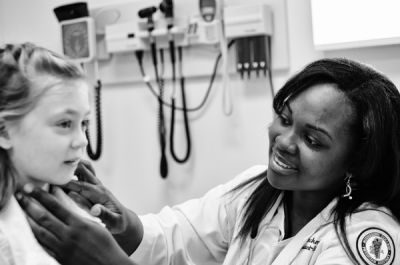
Preamble
In 2003, the National Commission on Certification of Physician Assistants (NCCPA) initiated an effort to define PA competencies in response to similar efforts being conducted within other healthcare professions and growing demand for accountability and assessment in clinical practice. The following year, representatives from three other national PA organizations, each bringing a unique perspective and valuable insights, joined NCCPA in that effort. Those organizations were the Accreditation Review Commission on Education for the Physician Assistant (ARC-PA), the body that accredits PA educational programs; the Association of Physician Assistant Programs (APAP), the membership association for PA educators and program directors; and the American Academy of Physician Assistants (AAPA), the only national membership association representing all PAs.
The resultant document, Competencies for the Physician Assistant Profession, is a foundation from which each of those four organizations, other physician assistant organizations, and individual physician assistants themselves can chart a course for advancing the competencies of the PA profession.
Introduction
The purpose of this document is to communicate to the PA profession and the public a set of competencies that all physician assistants regardless of specialty or setting are expected to acquire and maintain throughout their careers. This document serves as a map for the individual PA, the physician-PA team, and organizations that are committed to promoting the development and maintenance of these professional competencies among physician assistants.
The clinical role of PAs includes primary and specialty care in medical and surgical practice settings. Professional competencies for physician assistants include the effective and appropriate application of medical knowledge, interpersonal and communication skills, patient care, professionalism, practice-based learning and improvement, systems-based practice, as well as an unwavering commitment to continual learning and professional growth, and the physician-PA team, for the benefit of patients and the larger community being served. These competencies are demonstrated within the scope of practice, whether medical or surgical, for each individual physician assistant as that scope is defined by the supervising physician and appropriate to the setting.


